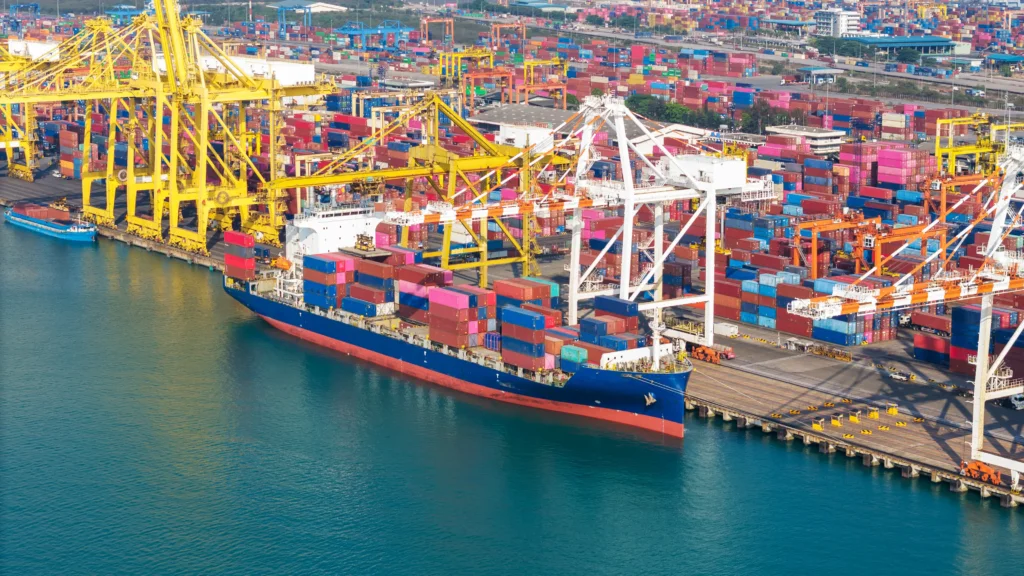According to a report by Bloomberg, Italy, Portugal, Malta, Greece, Cyprus and Belgium have all recently expressed concerns about the impact ETS could have on their ports.
The news follows a press release made last month by the European Sea Ports Organisation (ESPO), who said that it was seriously concerned about the 2024 ETS regulations creating “carbon and business leakage” for EU ports.
“ESPO fully agrees with the identification of Tanger Med and East Port Said as major neighbouring transshipments ports. However, it will not be enough to ensure that evasion cannot take place. While only a few neighbouring ports are reaching the very high transhipment volume thresholds put forward in the legislation (65%), many ports and terminals around Europe have and/or are building up transhipment capacity. The Commission should therefore not only look at current volumes, but also consider the transhipment capacity in the different ports neighbouring the EU,” said ESPO, in the aforementioned press release.
The identification of ‘neighbouring transshipments ports’ is intended to prevent evasion of the ETS rules. However, there have been calls for more ports to be included.
For example, Spain has suggested that the Turkish port of Tekirdağ Asyaport be included. Malta has also said it agrees with this proposal.
In addition, Malta has said it wants to see strict monitoring of developments at the North African ports of Damietta, Rades El, Hamdania, and Enfidah. It says that although these ports don’t meet the criteria for being identified as a ‘neighbouring transhipment port’, they could do so in the near future.
UK ports are nonetheless not so much of concern here, as the UK is applying its own ETS there too.
In the same release, Zeno D’Agostino, Chairman of ESPO, added:
“We see a real ramping up of investments in additional TEU capacity in ports and new terminals in neighbouring countries, including investments realised by major shipping lines in these ports, and we also hear about first rerouting movements outside Europe. This reinforces the idea that shipping lines, where relevant, are preparing their way out of the EU ETS maritime. We recognise the importance of the EU ETS Directive and supports its aim, but we continue to regret that this legislative framework disadvantages EU ports vis-à-vis non-EU ports, without the expected benefit in terms of emission reduction”, stresses Zeno D’Agostino, Chairman of ESPO.
Bloomberg reports that Gilberto Fratin, Italy’s minister for ecological transition, has urged for “corrective measures” to be put in place. He is also quoted as saying that ETS “has major negative consequences for the competitiveness of EU industry.”
The business news website adds that during a meeting of environment ministers in Luxembourg on Monday, representatives of Italy, Portugal, Malta, Greece, Cyprus and Belgium all expressed concerns about ETS.
Photo: Bertrand SOUBEYRAND, CC BY-SA 4.0, via Wikimedia Commons











